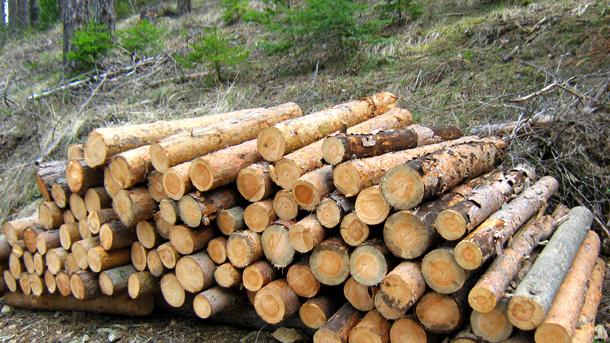
A team of 12 Bulgarian 11th grade students, led by Elitsa Pavlova, won first place among participants from around the world in the prestigious Live in a Healthy Space Design Competition organized by the National Space Society (NSS)..
On the occasion of the upcoming National Holiday - March 3 and 147 years since the Liberation of Bulgaria from Ottoman rule, the Regional Library in the city of Yambol is conducting the campaign "Let's Read for Bulgaria". The goal is..
The Aviation Training Center at Sofia Airport has received accreditation from the Airports Council International (ACI) and joins the elite group of 21 training hubs, including those at leading European airports such as Munich,..
Exactly a month after the Bulgarian National Radio solemnly celebrated its 90th anniversary, history continues its dialogue with us, its authors. With a..

+359 2 9336 661
